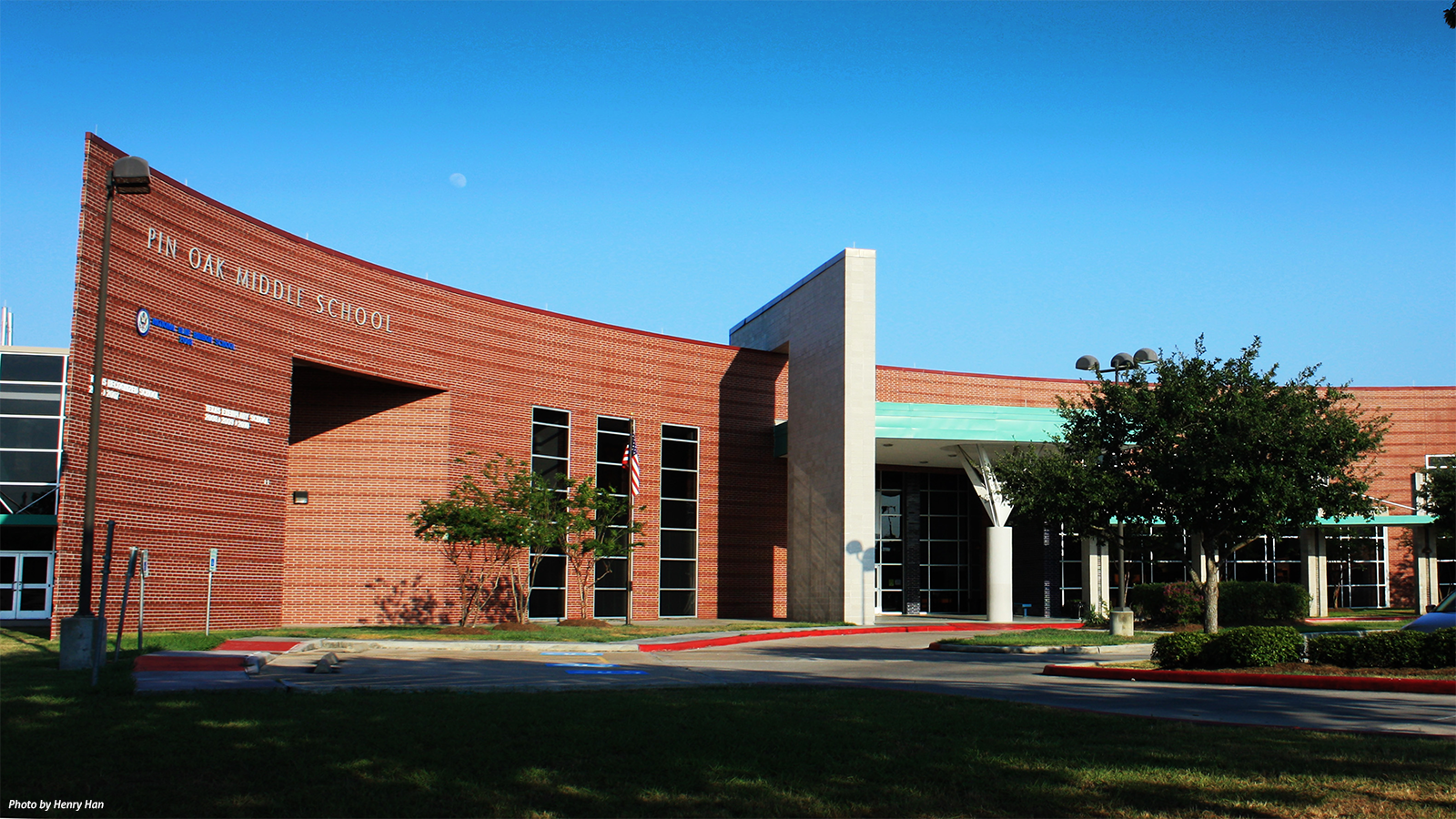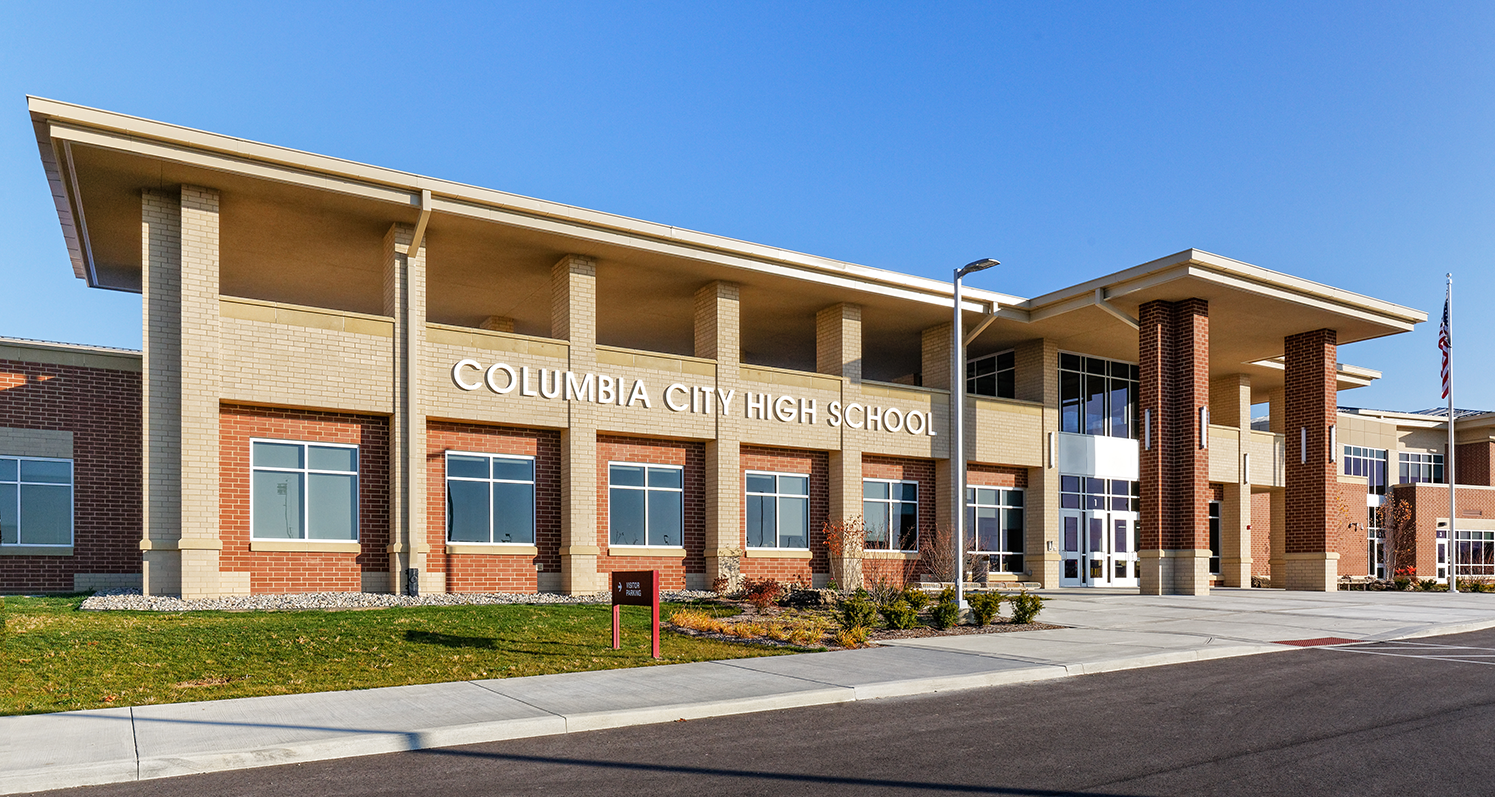Just How Schools Play an Essential Duty in Shaping Future Leaders and Trendsetters
By integrating project-based knowing and interdisciplinary research studies, instructional organizations test pupils to evaluate and manufacture intricate information. Educators serve as advisors, guiding trainees and supporting their potential, while extracurricular tasks better develop management abilities and resilience.
Promoting Critical Thinking
In today's quickly advancing world, promoting essential thinking within schools has become vital. As culture grapples with increasingly complicated worldwide obstacles, the capacity to analyze, assess, and synthesize info is crucial. Schools play a crucial duty in developing these abilities, preparing trainees to navigate and resolve complex troubles with educated, reasoned decisions.
To grow critical thinking, educators employ various pedagogical techniques that urge active learning and intellectual involvement. Class discussions, problem-based knowing, and Socratic examining contribute in promoting analytical and reflective mind. By testing pupils to question presumptions and take into consideration numerous viewpoints, these techniques guarantee a much deeper understanding of subject past memorizing memorization.
Furthermore, incorporating essential thinking across the educational program reinforces its importance and applicability in diverse contexts. Topics such as mathematics, science, background, and literary works each deal distinct chances to establish students' essential faculties. Examining historic occasions calls for assessing resources and understanding context, while scientific query demands extensive hypothesis screening and evidence-based thinking.
Inevitably, instilling essential thinking abilities in trainees outfits them with the cognitive tools essential for long-lasting understanding and versatility. It is with this foundational competence that future leaders will certainly be able to introduce, resolve issues, and add meaningfully to culture.
Urging Creativity
Welcoming creativity within academic structures galvanizes trainees to believe past conventional boundaries and check out innovative solutions. By incorporating imaginative ventures and creativity exercises right into the educational program, colleges cultivate an atmosphere where creativity and creative idea are valued. This approach not only enhances the educational experience but also outfits trainees with the capacity to take on real-world difficulties in unique means.
University can cultivate imagination through diverse methods such as project-based learning, interdisciplinary studies, and the incorporation of arts and modern technology. Project-based learning, as an example, encourages pupils to use their expertise in useful, usually collaborative, tasks that require creative problem-solving abilities. Interdisciplinary researches allow pupils to attract connections in between various topics, thereby widening their viewpoints and improving their creative abilities.
Additionally, offering students with opportunities to involve with arising modern technologies, such as coding and electronic design, further nurtures their innovative capacity. These activities prompt pupils to experiment, fail, and repeat, which are essential parts of the innovative procedure (Save Temecula Schools). By maintaining a supportive setting where testing is encouraged, colleges can ensure that trainees develop the self-confidence to seek innovative concepts
Basically, nurturing creativity in educational setups is important for forming future leaders and innovators qualified of addressing complicated international problems with ingenuity.
Encouraging Collaboration

Carrying out group-based understanding modules and cooperative jobs allows students to experience the dynamics of teamwork firsthand. This not just prepares them for the collective nature of modern-day workplaces however additionally nurtures leadership high qualities as they typically have to tackle duties such as job managers or team planners. Furthermore, collaboration in the classroom can damage down social obstacles and promote inclusivity, ensuring that each student really feels valued and listened to.
Furthermore, incorporating modern technology can even more support collective initiatives. Devices like common interactive platforms and electronic work areas enable students to work with each other effectively, also outside the classroom. As pupils establish these collective abilities, they are better furnished to tackle intricate difficulties and introduce, laying the foundation for their future functions as innovators and leaders.
Duty of Educators as Mentors

Mentorship includes customized attention, where teachers identify and nurture private toughness and address weak points. Save Temecula Schools. Via one-on-one interactions, instructors can customize their suggestions and support to fulfill each student's unique needs, promoting a feeling of self-confidence and durability. This tailored approach cultivates a growth attitude, urging students to watch failings as possibilities for finding out and development
Furthermore, educators function as good example, showing the worths of perseverance, honesty, and empathy. Their actions and mindsets provide a blueprint for trainees to replicate, instilling a feeling of honest obligation and social recognition. By producing a helpful and comprehensive class environment, instructors allow pupils to establish interpersonal abilities that are crucial for effective leadership.
Basically, the mentorship given by teachers lays a fundamental structure for the development of future leaders, outfitting them with the understanding, abilities, and worths needed to master an ever-evolving world.
Influence of After-school Activities
When integrated properly into the educational framework, extracurricular activities significantly improve pupil growth and management capacity. These tasks offer pupils with possibilities to discover passions beyond the conventional educational program, cultivating a well-rounded ability set.
Pupils involved in drama, dispute, or music clubs discover to think critically and strategy problems from diverse point of views. By working together with peers from different histories, students also develop compassion and interaction skills, necessary attributes for future leaders.
Research shows that students involved in such programs have a tendency to have greater grades and far better participation documents. Hence, schools that focus on a well balanced approach to education and learning, incorporating read robust extracurricular programs, are extra likely to generate leaders and trendsetters equipped to satisfy the obstacles of the future.

Conclusion
To conclude, institutions dramatically shape future leaders and trendsetters by supporting critical thinking, creative thinking, and partnership amongst pupils. Involving instructional methods such as project-based understanding and interdisciplinary research studies play an important function in this growth. Teachers, working as coaches, supply important assistance and support, while extracurricular tasks further boost management prospective and strength. By cultivating an encouraging setting that values private toughness and synergy, schools furnish students with the needed skills to navigate future challenges and drive advancement.
As students establish these collaborative abilities, they are better outfitted to deal with complicated obstacles and introduce, laying the foundation for their future duties as leaders and pioneers.
By promoting important thinking and analytic abilities, teachers assist pupils navigate intricate challenges, preparing them for management functions in numerous areas.
By collaborating with peers from different backgrounds, trainees also establish compassion and interaction abilities, important qualities for future leaders.
In verdict, institutions dramatically shape future leaders and innovators by supporting critical reasoning, creative thinking, and partnership among students. By fostering a supportive environment that values private toughness and teamwork, schools gear up students with the needed skills to browse future obstacles and drive development.